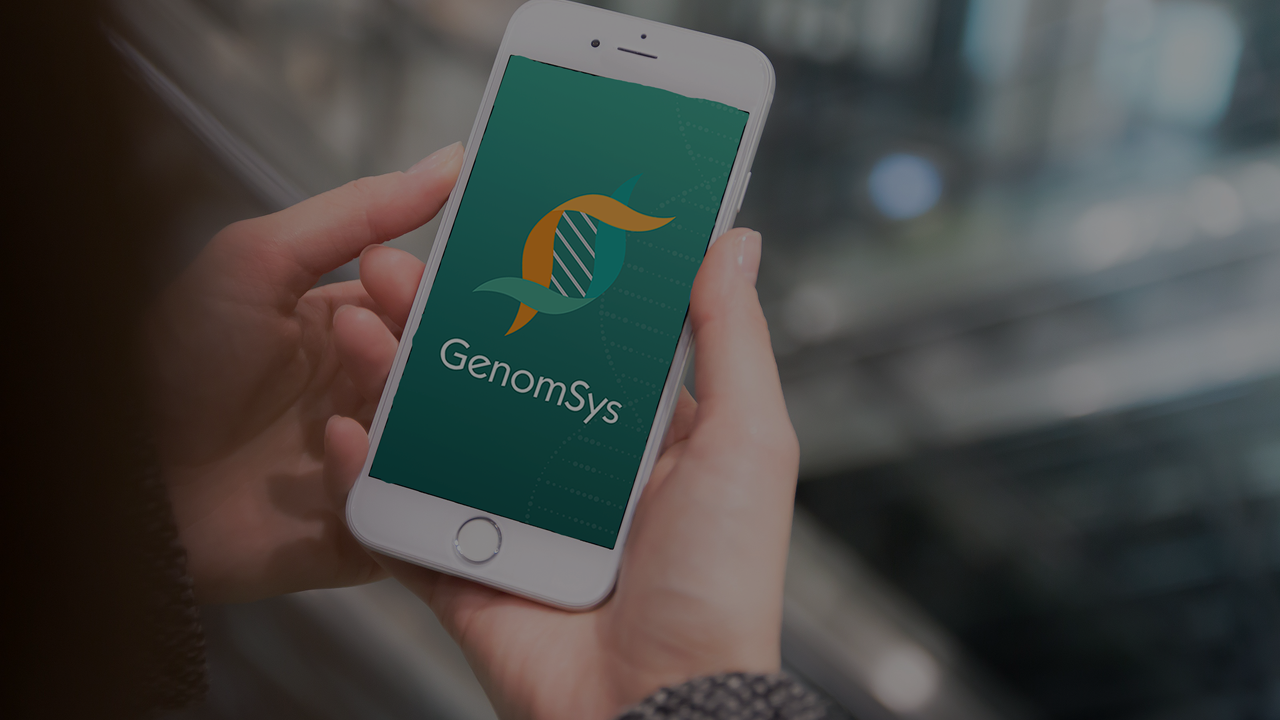The most intimate information about a person is its own DNA, therefore a high level of privacy is necessary. Currently, it is possible to identify an individual within the entire world population solely based on its genomic data and 75 statistically independent Single nucleotide variants (SNVs). According to a paper by Bonomi et al. a further improvement of current regulations and guidelines is crucial, and digital-based empowerment of each citizen could be the solution.
The paper, published in Nature Genetics, gives a helpful insight into the risks related to genetic data privacy and potential solutions. The non-consensual Identification and Phenotype inference of an individual are currently the core risks for privacy and cannot be met by commonly used techniques in healthcare. The difficulty lies in anonymizing the DNA itself. Since each person has a unique code, valuable information would be lost if it were directly anonymized.
According to the paper, Data security can be achieved by blocking unauthorized users with various techniques like access control, homomorphic encryption, and Secure Multiparty Computation. Besides this, there is still a need to anonymize the data which can be done through the suppression of certain SNVs and other randomizing mechanisms.
For the future, Bonomi et al. suggest that technology could create opportunities for controlling the data flow to increase privacy. The focus lies on enabling each citizen to own, track and potentially even profit from their genomic data.1
Read the full paper here: https://go.nature.com/3cUbcLz
At GenomSys, we believe that self-ownership of genomic data is essential to minimize privacy concerns and data misuse that could potentially lead to privacy infringement for individuals and their blood relatives. Genomic data privacy is one of our core values. Thanks to our ISO-compliant digital data format for genomic data MPEG-G, using an innovative standardized syntax for data protection natively embedded into the genome file, we are able to compress data efficiently, so it can be stored directly on any common smartphone’s physical storage. This provides each citizen the possibility to take full ownership of its DNA.
In addition MPEG-G selective access enables individuals to share only the data which is necessary for the analysis, providing true data access control. A further positive side effect is that only a specific region of the DNA is considered, thus preventing and protecting the geneticist from possible incidental findings.
By Lucas Laner on February 24, 2021.
Reference:
1 Bonomi, L., Huang, Y. & Ohno-Machado, L. Privacy challenges and research opportunities for genomic data sharing. Nat Genet 52, 646–654 (2020). https://doi.org/10.1038/s41588-020-0651-0
Picture: PublicDomainPictures / pixabay




